Conclavoscope - Cardinal Péter Erdő
Cardinal Profile and Assessment
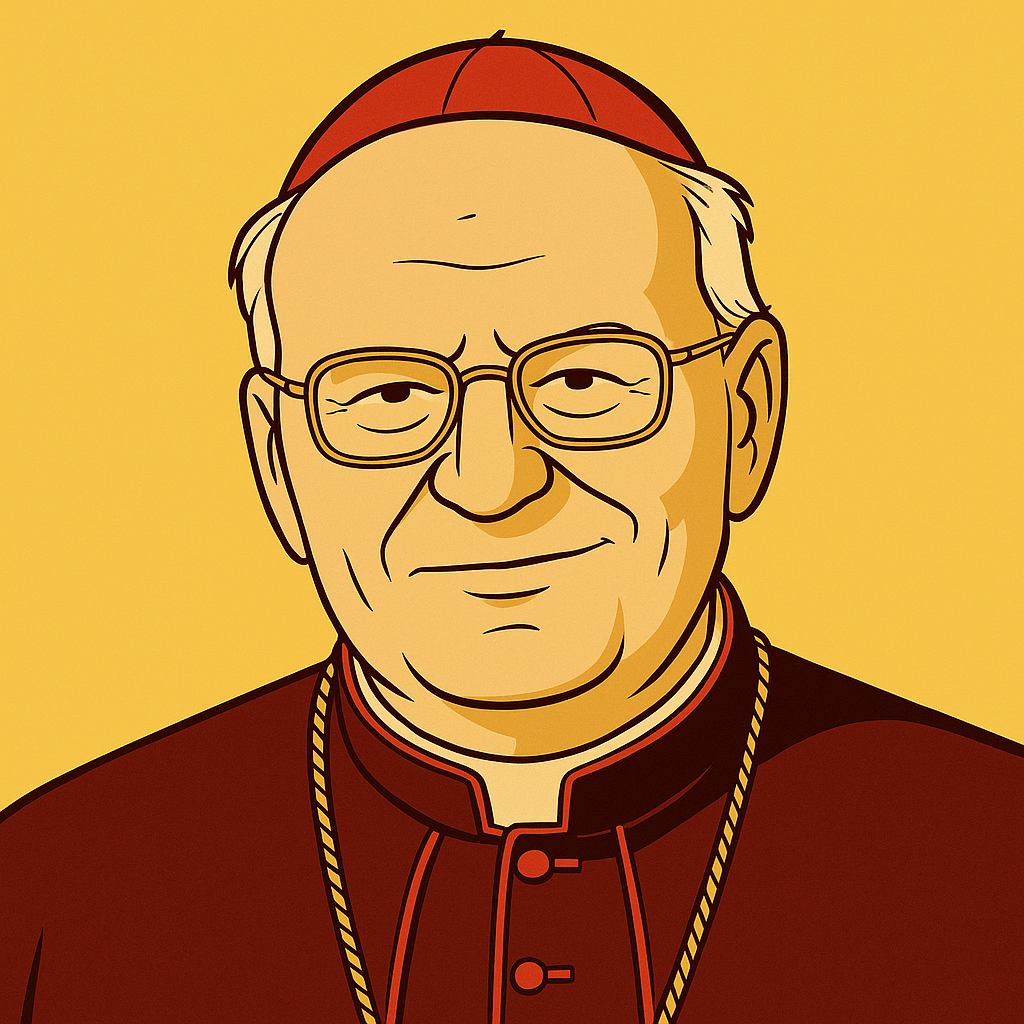
Hungarian cardinal, Archbishop of Esztergom-Budapest, renowned canonist, known for his conservative doctrinal positions and his influential role in the Church of Central Europe.
| Criterion | Tendency |
|---|---|
| Moral doctrine | Very conservative |
| Liturgy | Moderately conservative |
| Sociopolitical | Conservative |
| Relationship with Pope Francis | Moderately conservative |
| Dialogue | Centrist |
| Communication | Centrist |
| Overall tendency | Moderately conservative |
Born on June 25, 1952, in Budapest, Péter Erdő is a major figure in the Hungarian Catholic Church. Ordained a priest in 1975, he was appointed Archbishop of Esztergom-Budapest in 2002 and created a cardinal by John Paul II in 2003. He has also been president of the Hungarian Episcopal Conference since 2005 and presided over the Council of European Episcopal Conferences from 2006 to 2016. (Péter Erdő)
A recognized specialist in canon law, he was a professor at the Péter Pázmány Catholic University and has published numerous academic works. His theological and legal expertise has earned him notable influence within the Vatican, particularly as general rapporteur of the Synod on the Family in 2014. (Le nom des cardinaux 'papabile' qui reviennent le plus souvent, Hungary's Péter Erdő is a strong candidate to be the next pope - and that's reason to be fearful)
Multilingual, he speaks Hungarian, Italian, French, English, and Latin fluently. He is also known for his Marian devotion, particularly to Our Lady of Consolation.
Erdő is generally classified among moderate conservatives. He defends a strict interpretation of Catholic doctrine, particularly on issues of family and sexuality, while avoiding extreme positions. He has expressed reservations about expanding the rights of LGBTQ+ people and remarried divorcees within the Church. (Hungary's Péter Erdő is a strong candidate to be the next pope - and that's reason to be fearful)
Although the majority of cardinal electors have been appointed by Pope Francis, Erdő benefits from a solid network, particularly in Central and Eastern Europe. His academic profile and synodal experience give him credibility among many cardinals, including those in Africa and Latin America.
Cardinal Péter Erdő is a staunch defender of traditional Catholic moral doctrine. As relator general of the 2015 Synod on the Family, he emphasized the indissolubility of marriage and asserted that civilly remarried Catholics could only receive Communion if they lived in continence, aligning with the teachings of Pope St. John Paul II. He has also expressed strong opposition to abortion and contraception, reinforcing his conservative stance on moral issues.
Cardinal Erdő upholds traditional liturgical practices and has shown respect for those who prefer the Latin Mass. While he has not openly opposed Pope Francis's restrictions on the Traditional Latin Mass, he has maintained a balanced approach, emphasizing the importance of liturgical continuity and reverence.
During the 2015 European refugee crisis, Cardinal Erdő emphasized the importance of respecting national laws and institutions, expressing concerns over human trafficking. While he acknowledged the right to migrate, he also highlighted the need for political stability, reflecting a balanced approach to sociopolitical issues.
Cardinal Erdő has maintained a respectful relationship with Pope Francis, serving in various roles during his pontificate, including as relator general for the Synod on the Family. While he holds conservative views, he has not openly opposed the Pope's reforms, positioning himself as a potential unifying figure within the Church.
Cardinal Erdő has actively promoted interreligious dialogue, particularly during events like the International Eucharistic Congress in Budapest. He views such gatherings as symbols of hope for Church unity and has engaged with leaders of different faiths to foster mutual understanding.
Known for his scholarly temperament and measured speaking style, Cardinal Erdő is media-shy but respected for his intellect and pastoral leadership. He emphasizes the importance of faith and has been a guiding figure for the Hungarian Catholic community, especially during challenging times.
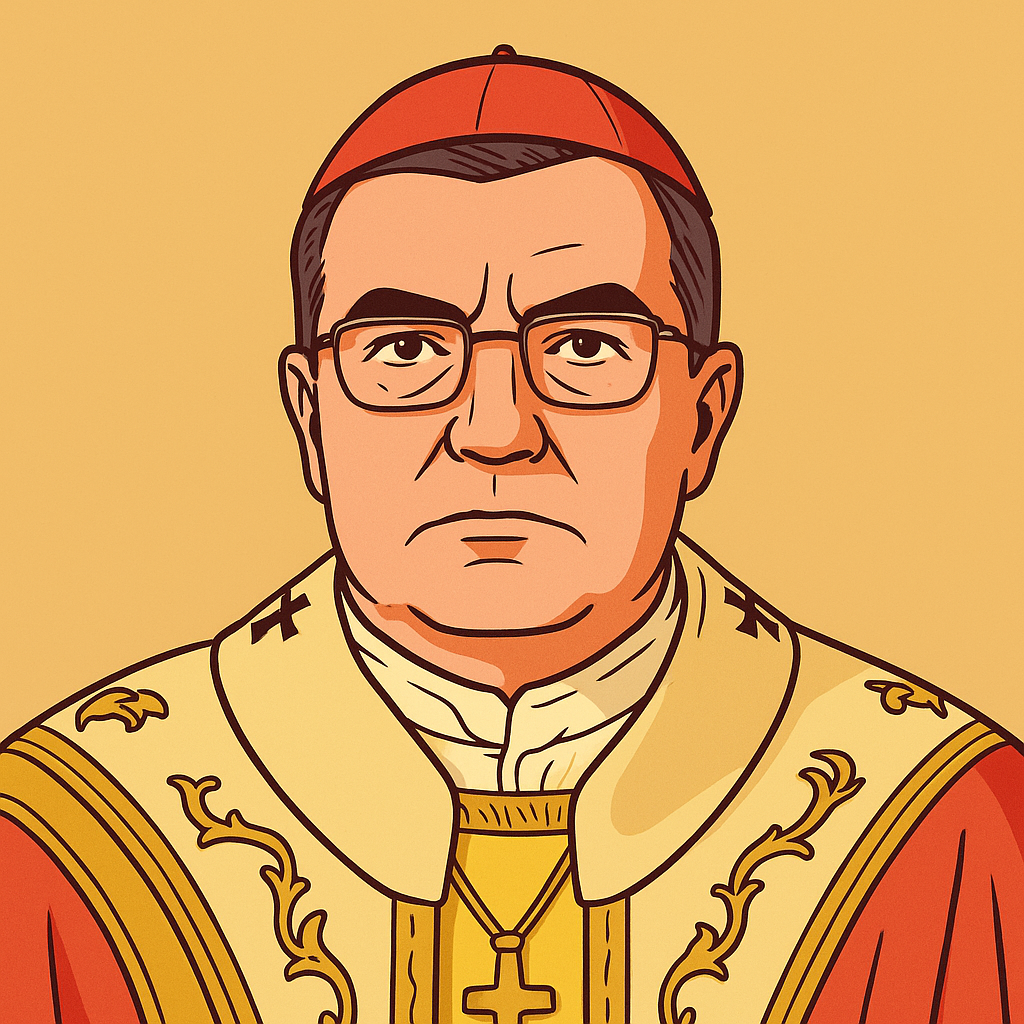
Croatia
Croatian cardinal, Archbishop of Zagreb, known for his conservative positions on moral issues and his commitment to traditional values in a post-communist context.
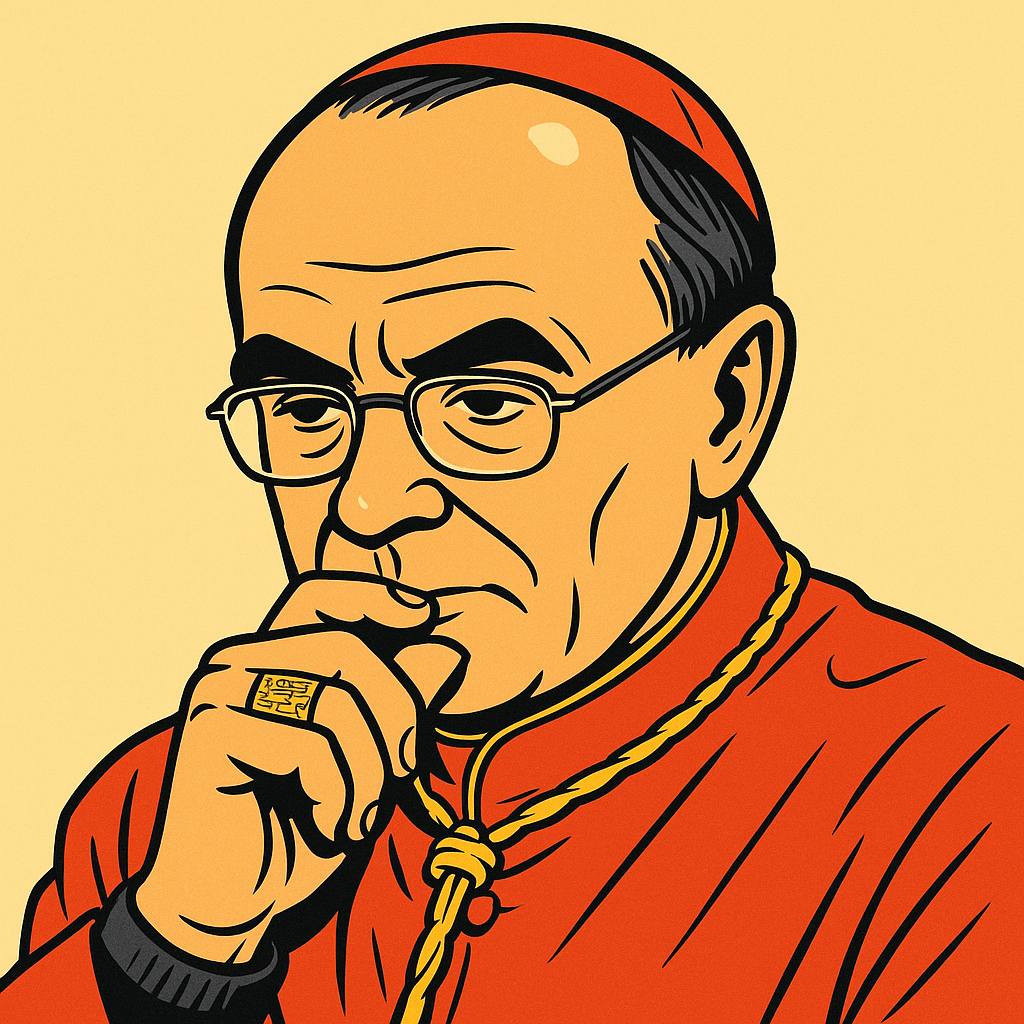
France
French cardinal, Archbishop Emeritus of Lyon, known for his missionary dynamism but whose career has been marked by controversy over the handling of sexual abuse in his diocese.
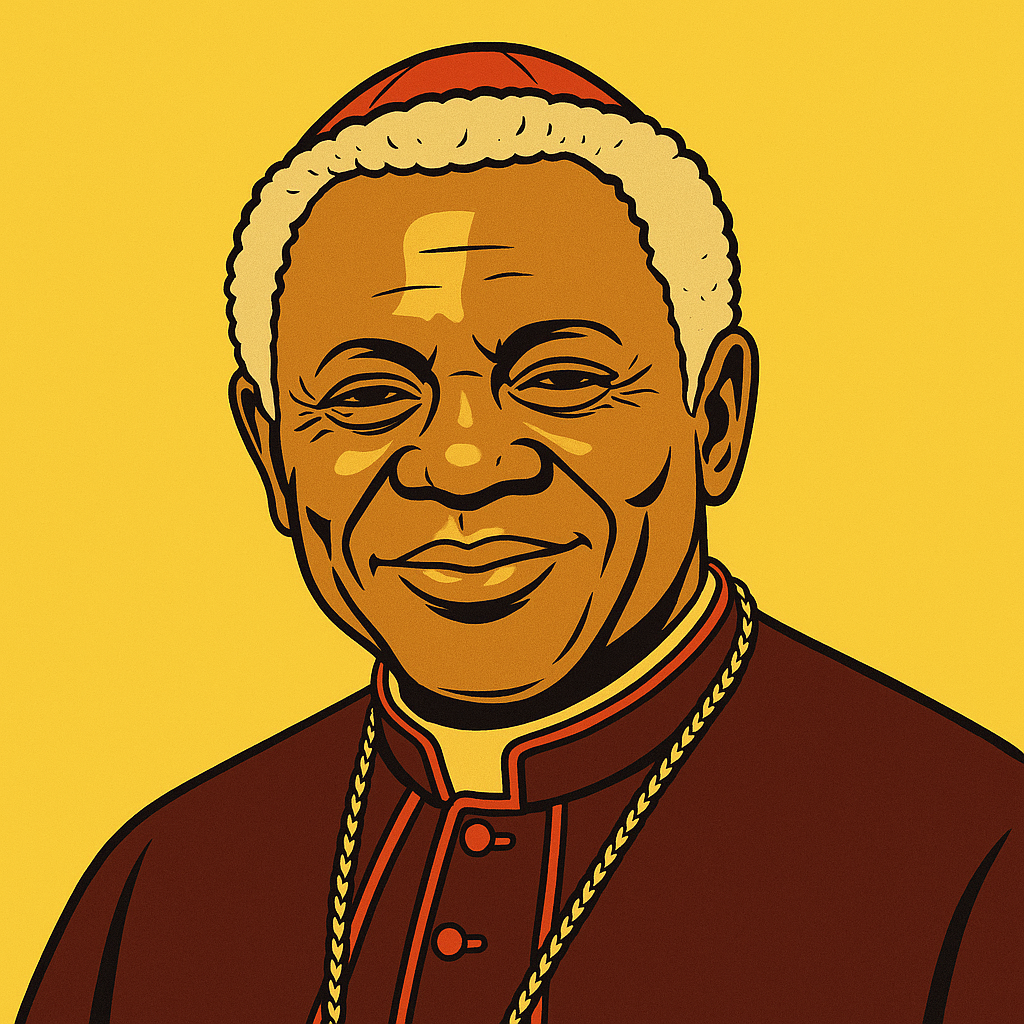
Ghana
Ghanaian cardinal, Chancellor of the Pontifical Academy of Sciences, known for his leadership in the Church's social doctrine and his expertise on environmental and development issues.
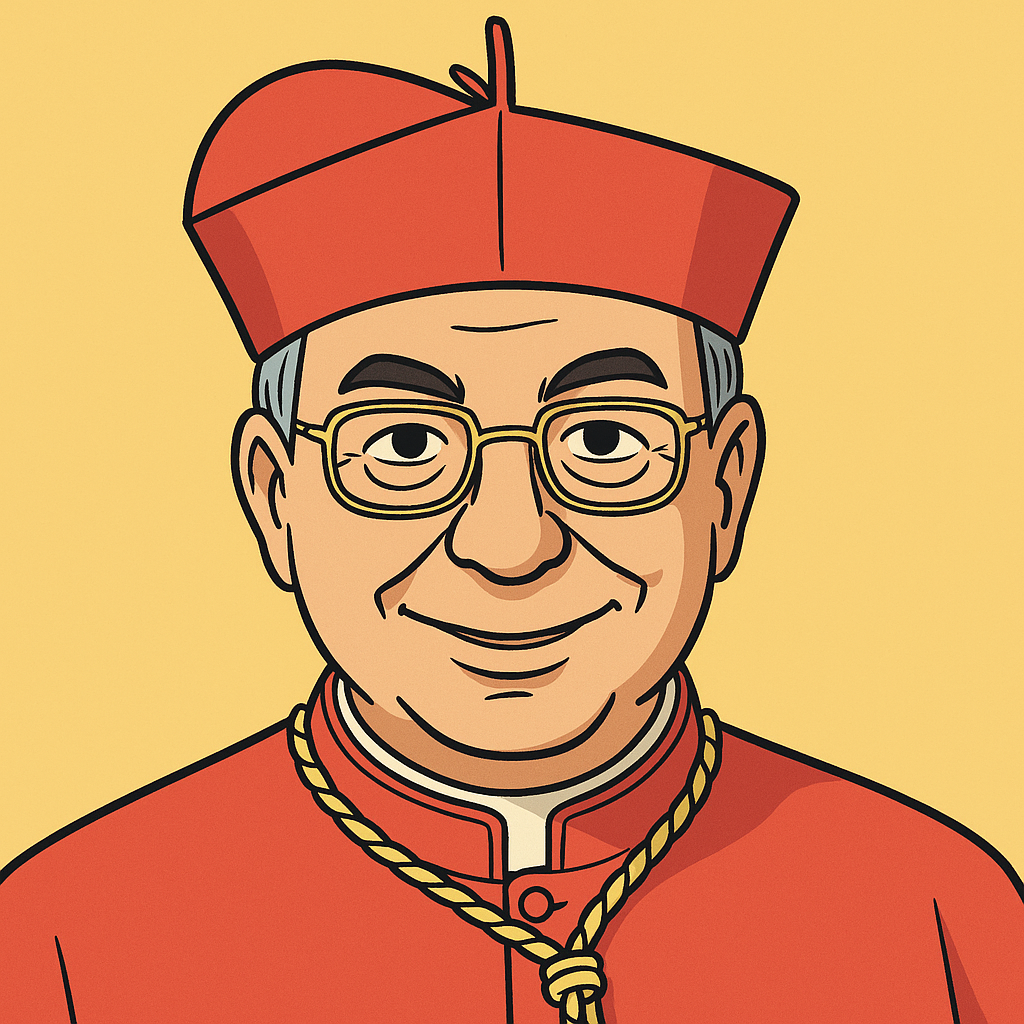
France
age: 73
French cardinal, Prefect of the Supreme Tribunal of the Apostolic Signatura, known for his legal expertise and traditional doctrinal positions.
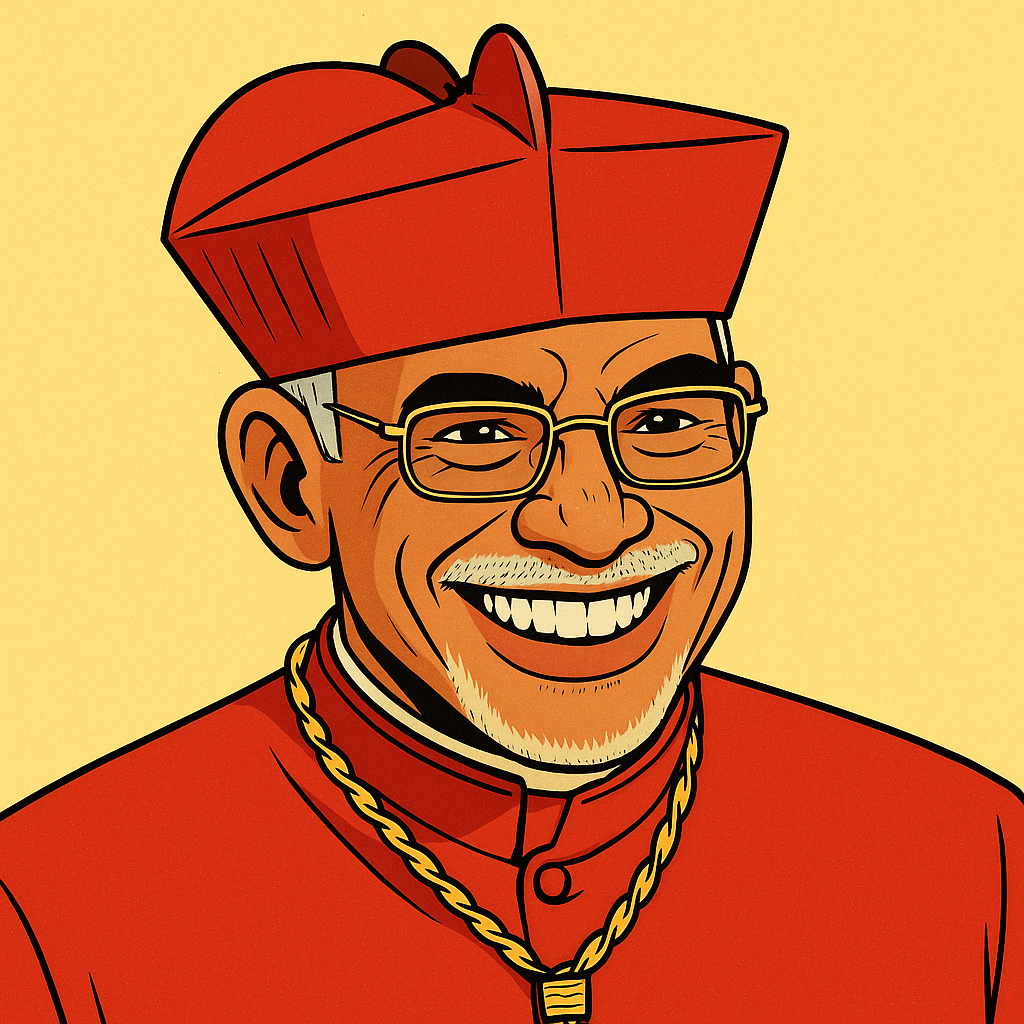
India
age: 73
Indian cardinal, Archbishop of Goa, known for his pastoral approach and maintenance of traditions in a multicultural context.
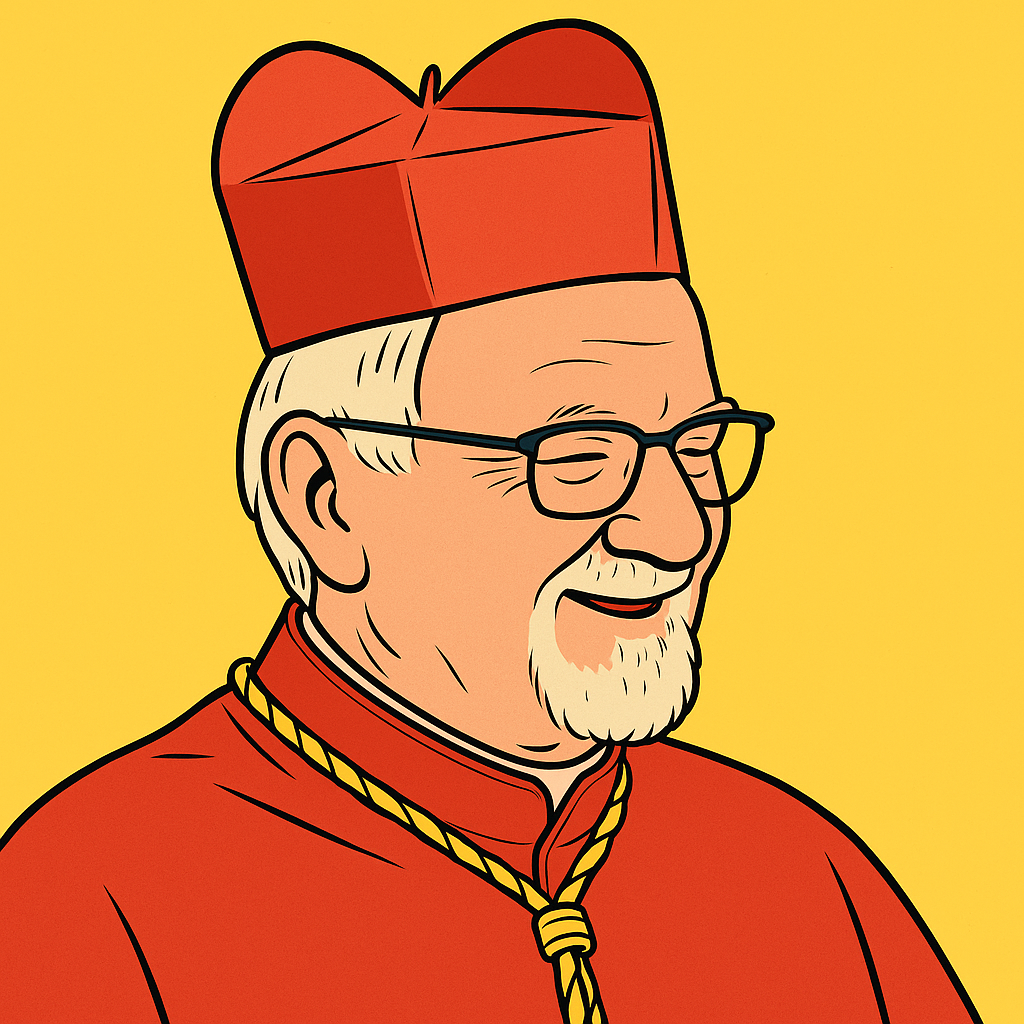
Argentina
age: 73
Argentine cardinal, Bishop of Santiago del Estero, known for his pastoral work and balanced approach in a peripheral context, combining social concerns and fidelity to tradition.
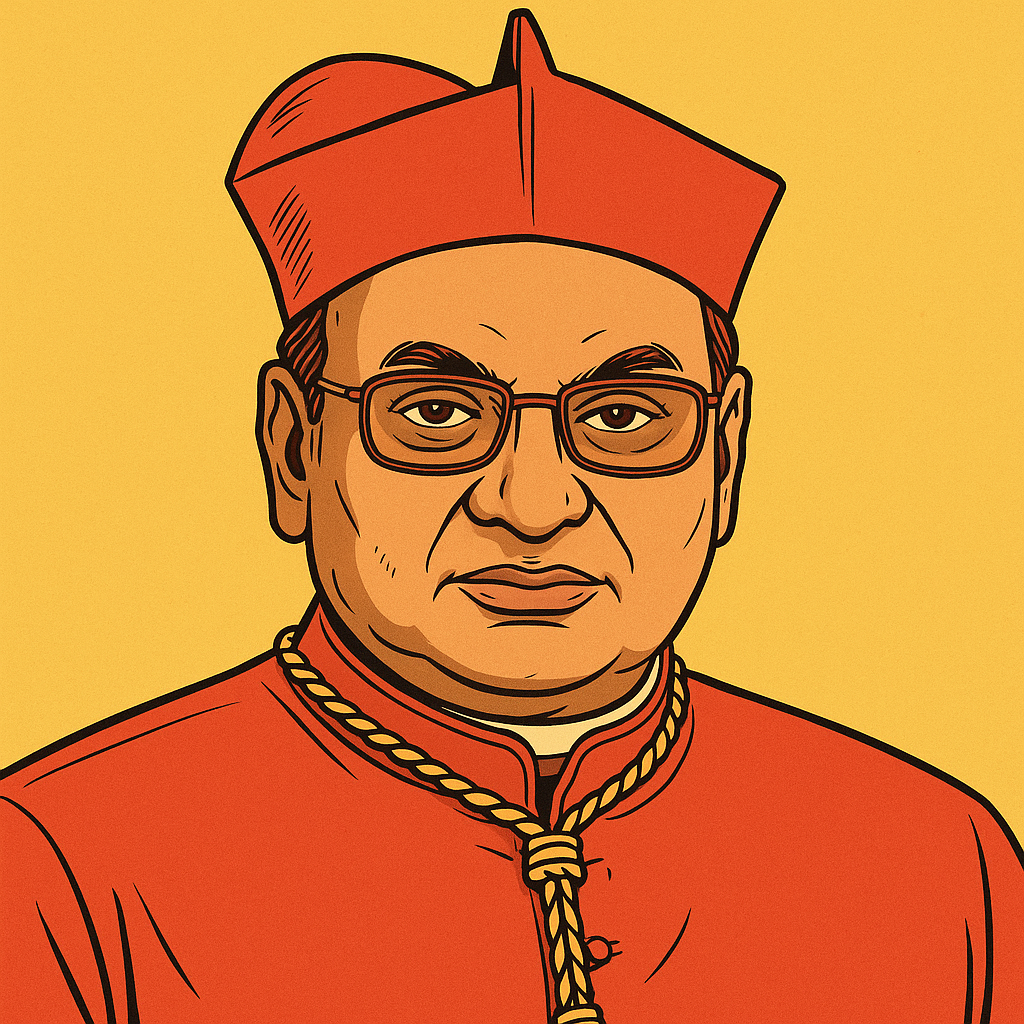
Sri Lanka
Sri Lankan cardinal with strong traditionalist positions, known for his attachment to traditional liturgy and defense of Catholic doctrine.

Germany
German cardinal, former prefect of the Congregation for the Doctrine of the Faith, known for his very conservative positions and vigorous defense of traditional doctrine.
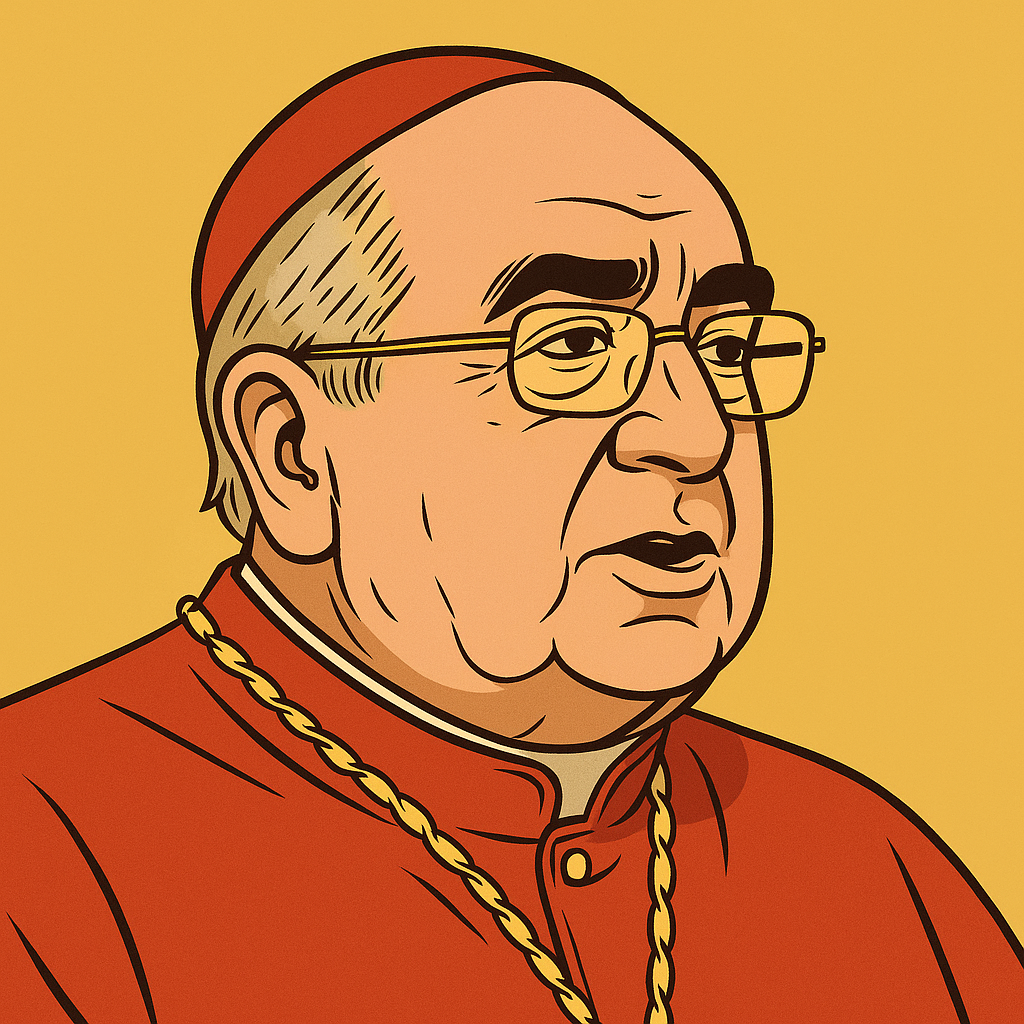
Poland
Polish cardinal, Archpriest of the Basilica of Saint Mary Major, known for his conservative positions and experience in lay ministry, in the tradition of John Paul II.

Sweden
Swedish cardinal, the first Scandinavian cardinal in history, known for his balanced approach between tradition and openness, and his ecumenical work.
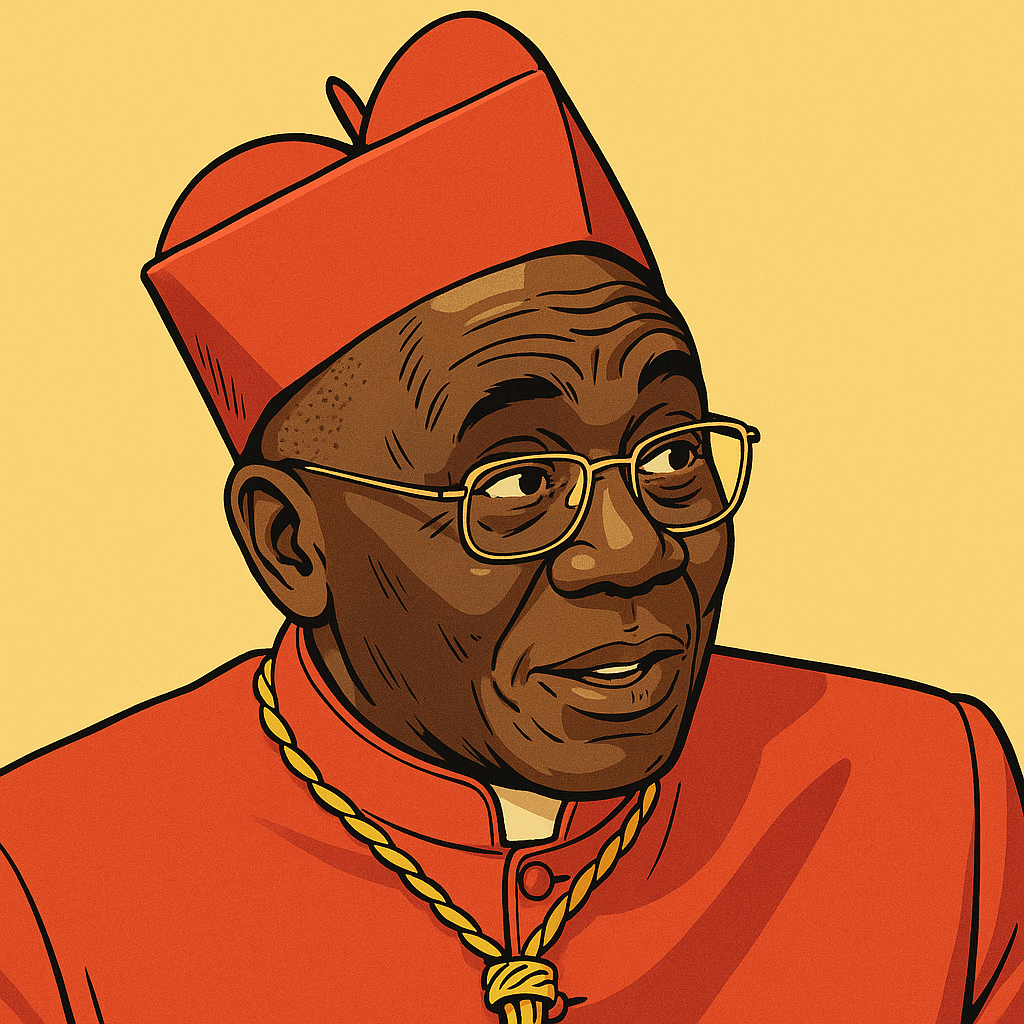
Ivory Coast
Ivorian cardinal, Archbishop of Abidjan, known for his doctrinal fidelity and conservative positions, while working for social peace and unity in his country.
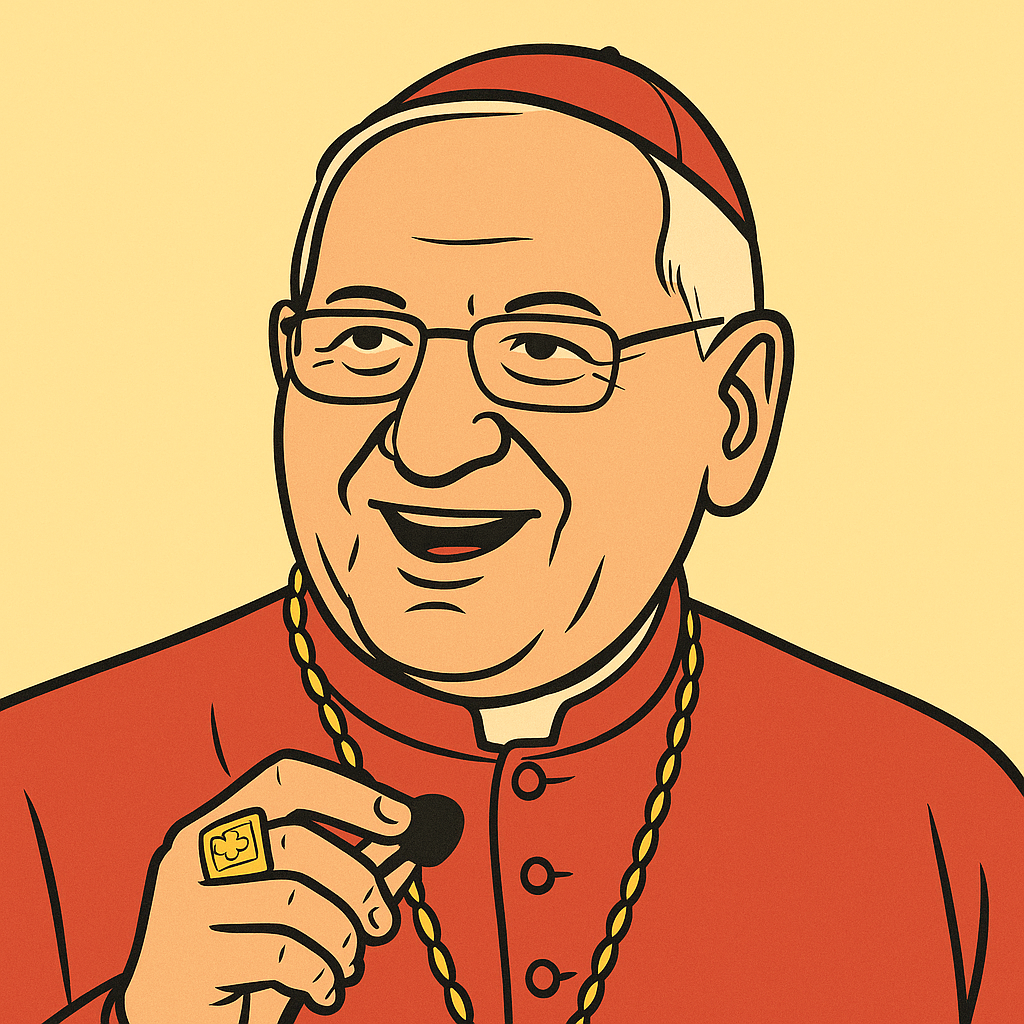
Iraq
Iraqi cardinal, Patriarch of the Chaldean Catholic Church, known for his leadership in a context of persecution and his commitment to the survival of Christians in the Middle East.

Guinea
Guinean cardinal, former prefect of the Dicastery for Divine Worship, known for his very conservative positions on liturgy and doctrine, and his deep attachment to Catholic tradition.
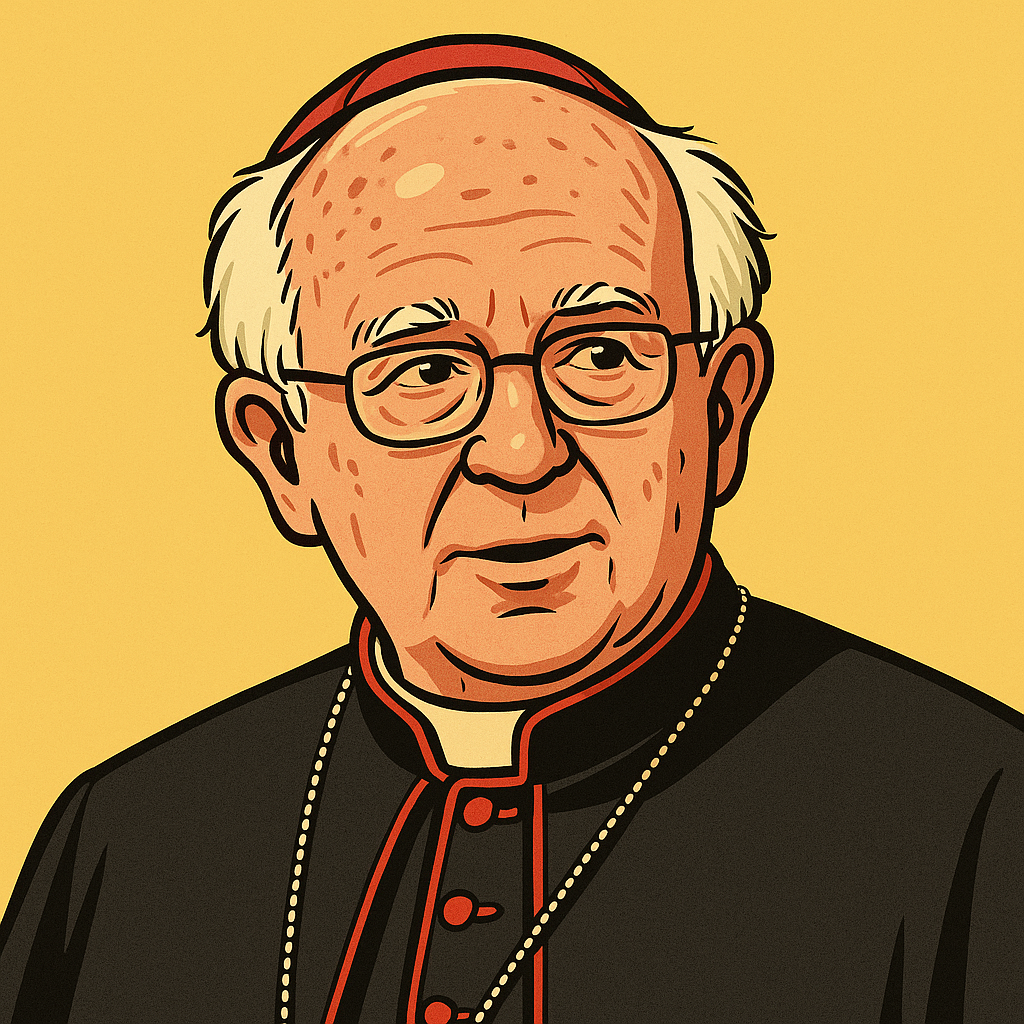
Spain
Spanish cardinal who is very conservative, nicknamed "the little Ratzinger," known for his traditionalist positions on liturgy and morality, and his vigorous defense of Catholic doctrine.

Poland
Polish cardinal, Archpriest of the Basilica of Saint Mary Major, known for his conservative positions and experience in lay ministry, in the tradition of John Paul II.
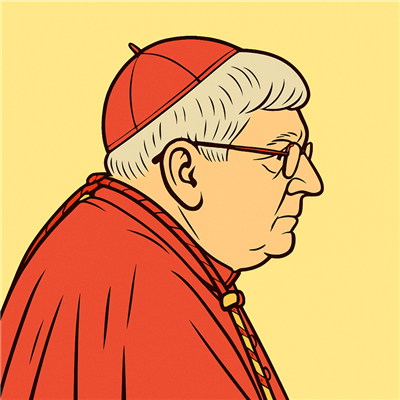
Canada
Canadian cardinal, Archbishop Emeritus of Toronto, known for his conservative positions on issues of moral doctrine and his commitment to defending religious freedom.
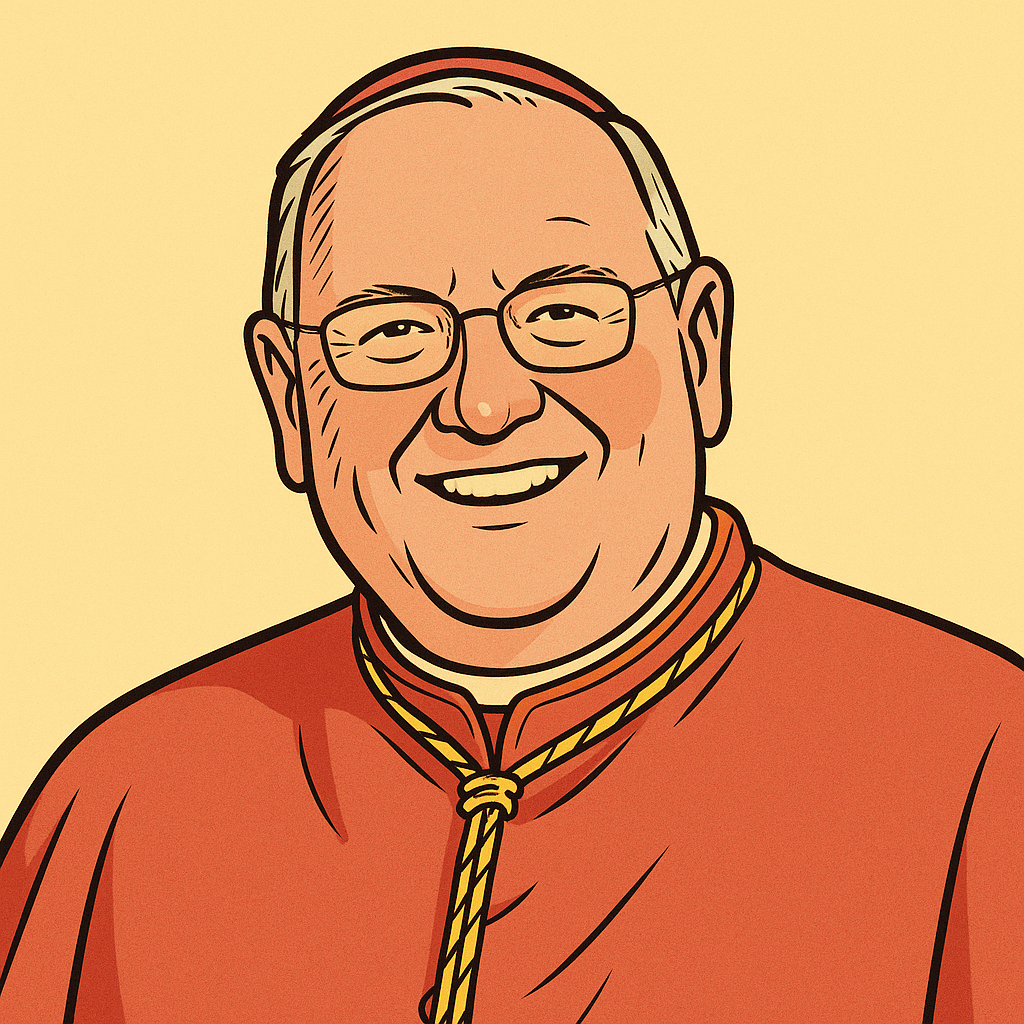
United States
American cardinal, Archbishop of New York, known for his media charisma and balanced leadership, combining social commitment and defense of Catholic tradition and moral values.
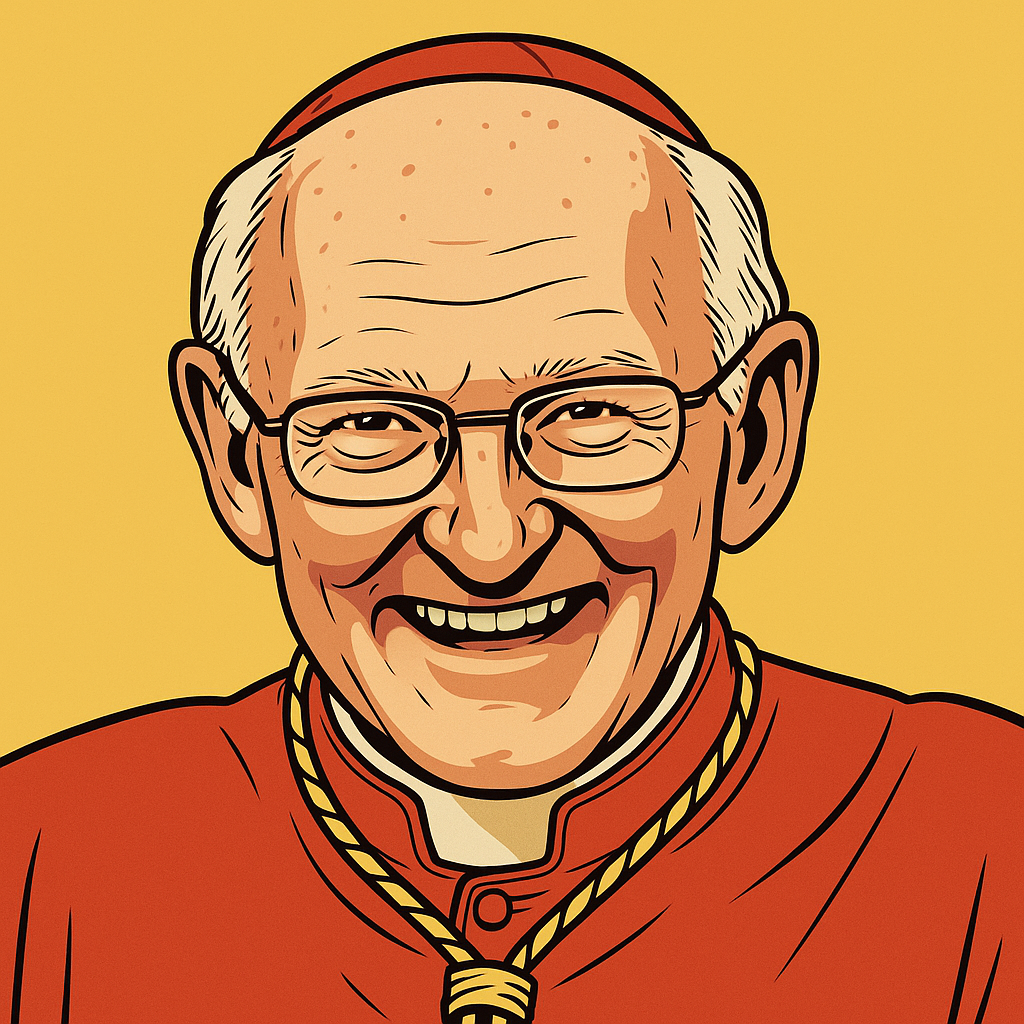
United States
American cardinal, Archpriest of the Basilica of Saint Paul Outside the Walls, former Prefect of the Papal Household, known for his conservative positions and administrative experience at the Vatican.

Netherlands
Dutch cardinal, Archbishop of Utrecht, physician and bioethicist, known for his very conservative positions on bioethical and moral issues, and his defense of traditional doctrine.

Canada
Canadian cardinal, Archbishop Emeritus of Toronto, known for his conservative positions on issues of moral doctrine and his commitment to defending religious freedom.

United States
American cardinal, Archbishop of New York, known for his media charisma and balanced leadership, combining social commitment and defense of Catholic tradition and moral values.

Canada
Canadian cardinal, Archbishop Emeritus of Toronto, known for his conservative positions on issues of moral doctrine and his commitment to defending religious freedom.

United States
American cardinal, Archbishop of New York, known for his media charisma and balanced leadership, combining social commitment and defense of Catholic tradition and moral values.

Myanmar
Burmese cardinal, the first from his country, known for his commitment to peace and reconciliation, combining respect for tradition and interreligious dialogue.